Nearly two years after virtual currency gambling embroiled a series of popular streaming personalities in controversy, Twitch is fighting one in court.
Twitch has filed a response and a cross-complaint in response to the lawsuit filed by James “Phantoml0rd” Varga on Feb. 14. Varga, who now streams gambling content on YouTube and runs his own gambling games on his website, was permanently banned from streaming on Twitch in July 2016.
Varga claims that Twitch breached his partnership contract by not giving an opportunity to correct his violation of the terms. In its response, however, Twitch says that the streamer was given ample opportunities to stop streaming gambling content.
Twitch says Varga streamed and was given warnings for gambling content for 12 months prior to his ban. The suit also states as fact that Varga promoted sites he had an undisclosed financial interest in and rigged outcomes on those gambling sites—something Varga continues to deny.
The partnership contract included a section of content guidelines, specifically prohibiting “any other activity that contravenes any applicable laws or regulations (including poker, lotteries, gambling products or other wagering activity).”
Twitch does not address messages between former employee Jason “Opie” Babo and Varga contained in his filing, in which Babo claims that there is a permissible amount of gambling content on Twitch. That was a commonly held belief at the time, since the streaming of gambling content was widespread. It was not until the controversy erupted in 2016 that Twitch began to seriously clamp down.
The filing claims that Varga was given a warning for his gambling content first in September 2015. By June 22, 2016 when he finally received a short ban, he had been warned nine times. Varga had also allegedly streamed “sexually suggestive content, content involving self-harm, and content involving racist symbols.”
After this first ban, Varga was not deterred. On June 25, he streamed a $100,000 skin giveaway through CSGO Shuffle. Twitch believes that this broadcast and giveaway “scammed and defrauded Twitch and its users, and was potentially illegal.”
In its response to Varga’s suit, Twitch cites 24 defenses that it believes invalidate the charges levied against it. Like Varga, Twitch in its cross-complaint is seeking damages and costs.
H/T Richard Lewis





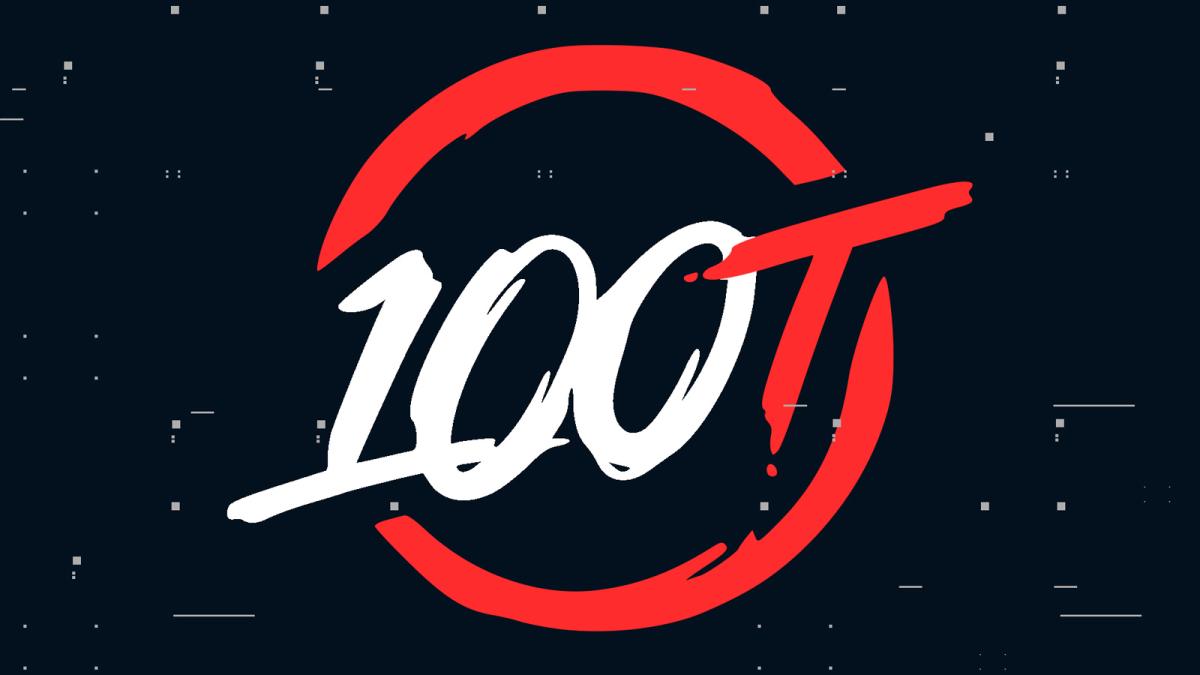


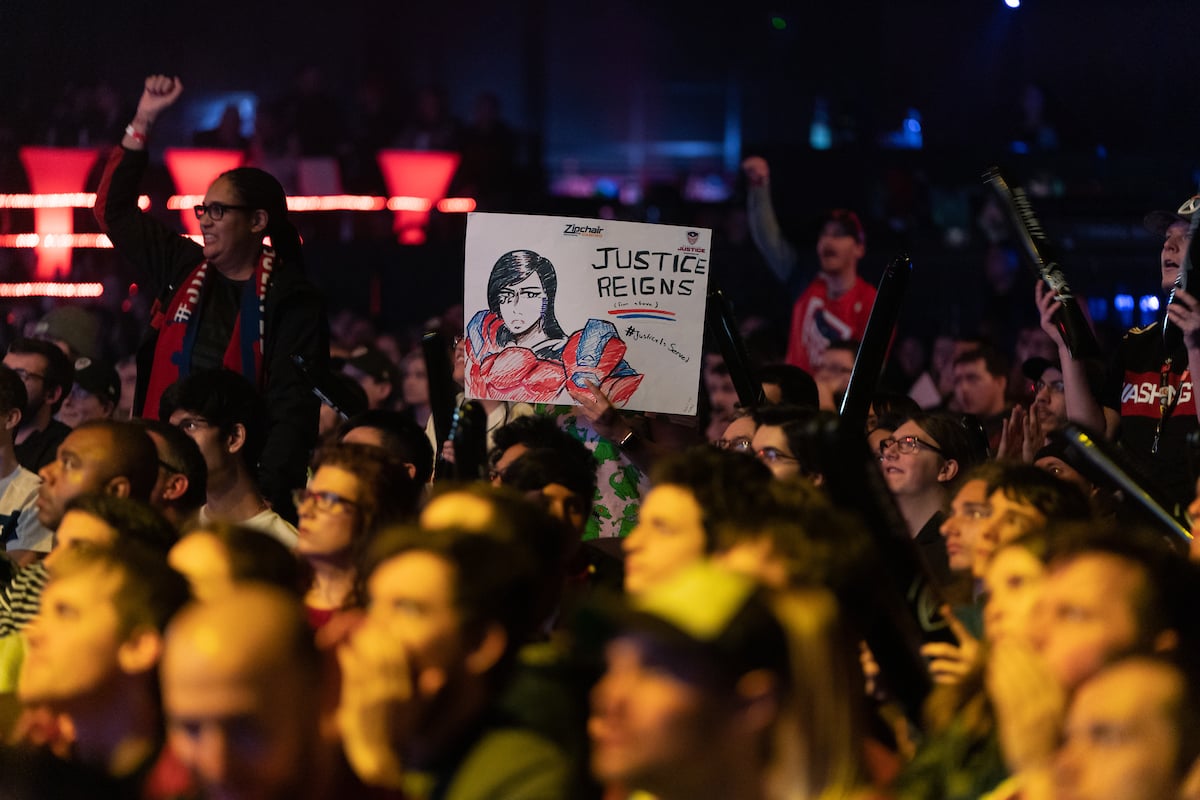
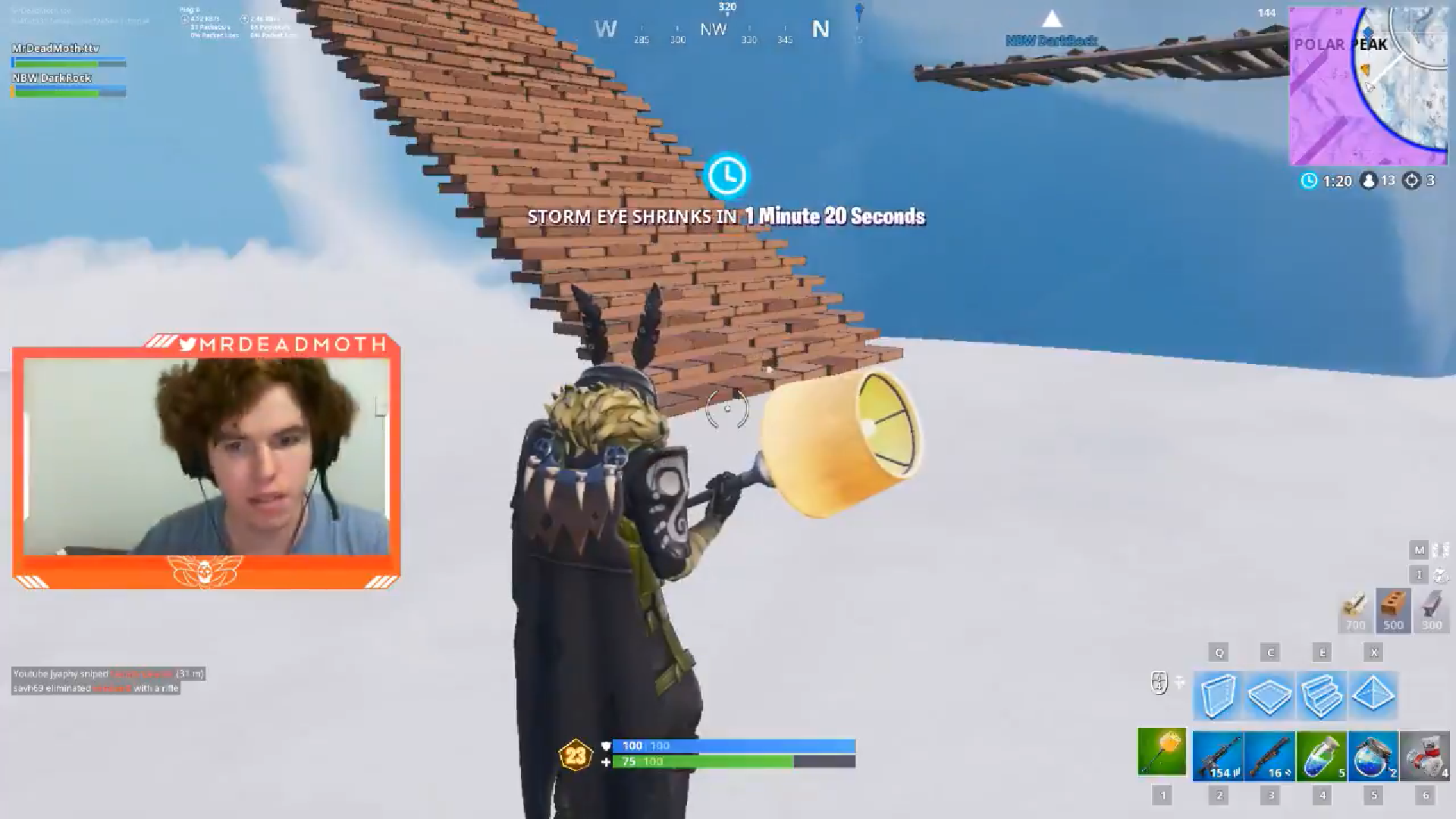
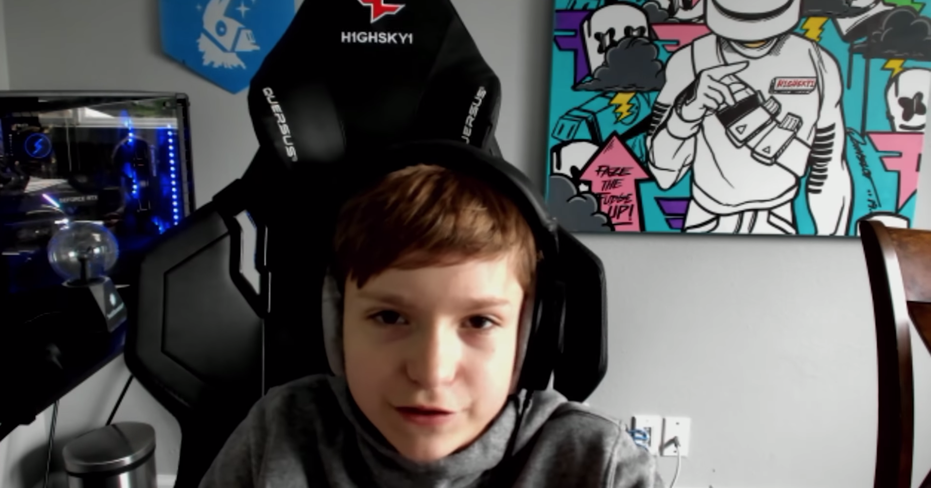
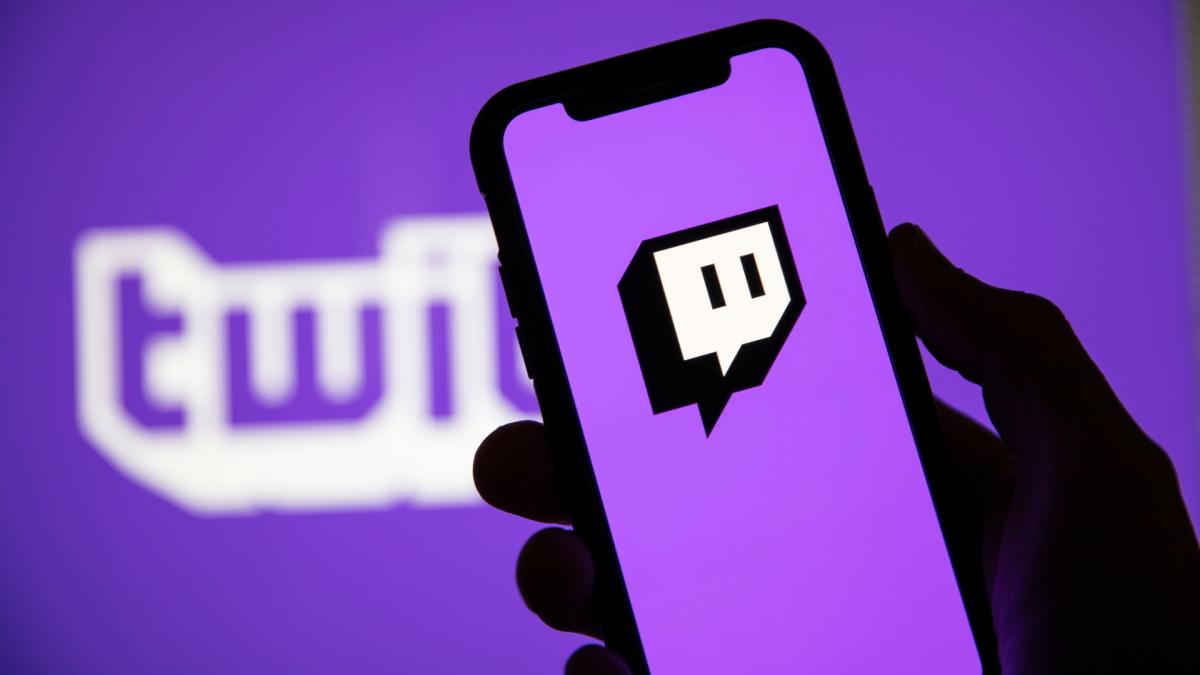
Published: May 10, 2018 04:46 am